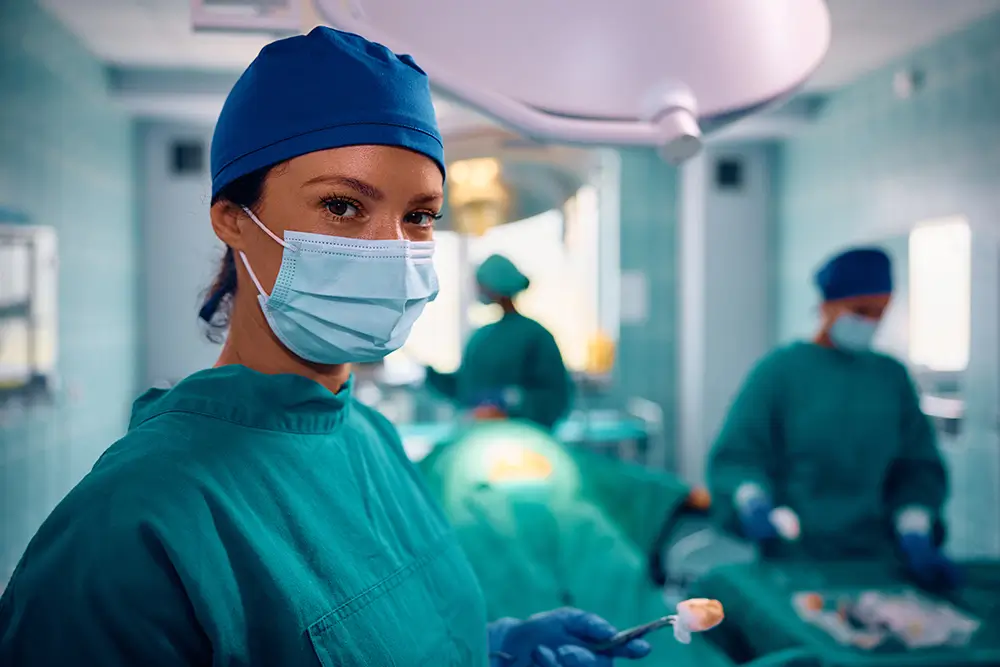Aortoiliac occlusive disease (AIOD) is a type of peripheral artery disease (PAD) that specifically affects the lower part of your aorta and the iliac arteries. Here’s a breakdown in easy-to-understand terms:
The main culprit behind aortoiliac occlusive disease (AIOD) is atherosclerosis, the same process responsible for many other cardiovascular problems. Here’s a closer look at the causes of AIOD:
While atherosclerosis is the leading cause, other factors can contribute to AIOD:
In order to book an appointment with Dr. Syed Muhammad Azeem you can call (051) 846-3231 or click the Book Appointment button.

Dr. Syed Muhammad Azeem: Years of experience, prioritises your concerns, crafts personalised treatment plans for vascular health.
Schedule your appointment today for personalized service tailored to your needs and preferences. Contact us now!